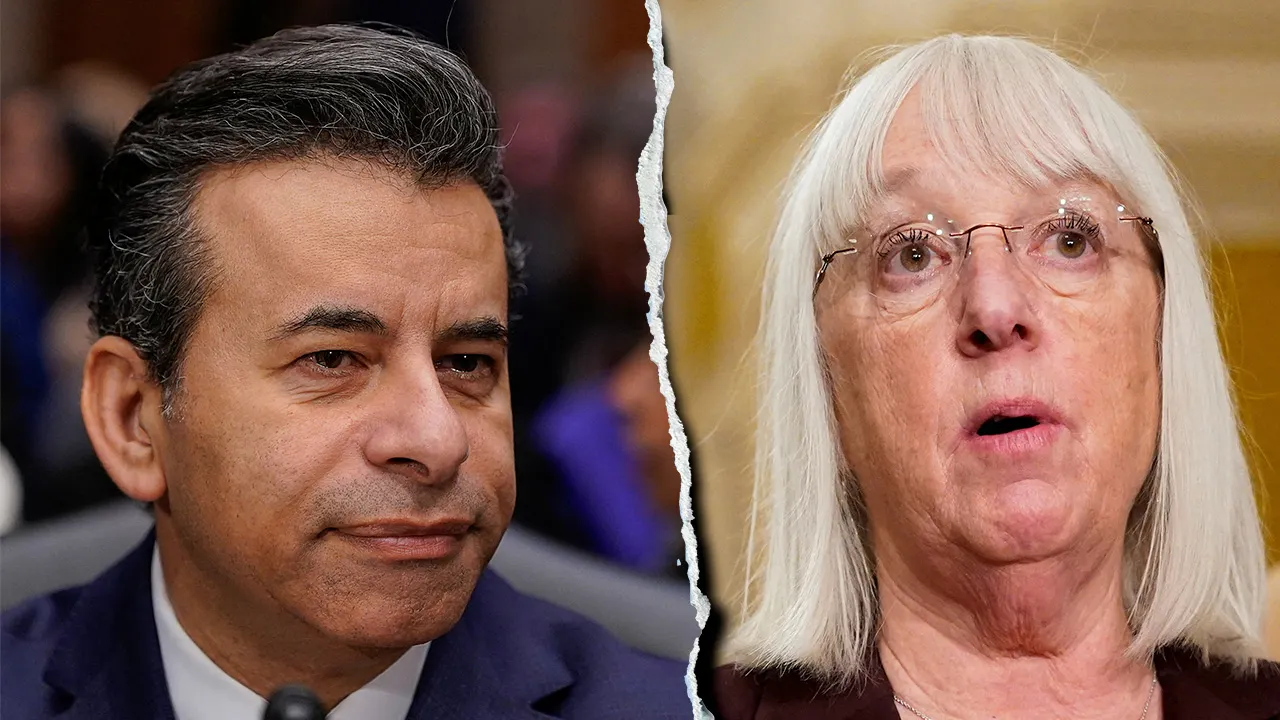CABOT — State education officials are working on replacing the ACT Aspire with a standardized test specifically geared toward Arkansas students, Education Secretary Jacob Oliva said during a town hall discussion Monday.
Responding to a question about new literacy standards under the LEARNS Act, Oliva said the Department of Education is looking to do away with the ACT Aspire, an end-of-the-year test given to students in third through 10th grades that measures English, reading, writing, math and science. The test is meant to be predictive of a student’s readiness for college, but the education secretary said a new test will be better oriented to the state’s new standards.
“We are in the process of putting a new assessment in place that will hit the schools in the spring of 2024,” Oliva said.
Oliva and Gov. Sarah Huckabee Sanders spoke Monday during the fourth installment of a series of town hall discussions about the LEARNS Act.
As part of the LEARNS Act, students will have to meet a new standard of literacy before they can advance out of the third grade. The new test, which will be called the Arkansas Teaching and Learning Assessment System, or ATLAS, will be a “criterion-referenced assessment,” Oliva said, which will better measure if students are meeting the state’s benchmarks.
The state is working with Cambium Learning Group to develop the test. Arkansas teachers will help write the test question “that will align with the new math and English Language Arts standards,” Kimberly Mundell, a spokesperson for the Department of Education, said in a statement.
In meetings in Jonesboro, Texarkana, Russellville and Cabot, Sanders has championed her main talking points on the legislation: That it springs Arkansas from near the bottom to close to the top in the nation in starting salaries for teachers, that school vouchers will open up choices for parents, and a renewed emphasis on teaching trade skills in high school will create a more competitive workforce.
“We have to flip the script,” the Republican governor said. “Unfortunately for us what we’ve been doing for far too long has not been working.”
Sanders also fielded questions about how the LEARNS Act addresses special needs students and whether religious private schools will be forced to comply with new government regulations.
Chris Jones, a retired school administrator, asked Sanders about a provision in the LEARNS Act that repeals the Teacher Fair Dismissal Act. Jones said she “had teachers blowing up my phone” as the law’s repeal makes it easier for school districts to fire educators.
Jones said teachers who reached out to her were ones who “really go above and beyond for their kids.”
“Because for the good teachers they know that somebody is going to have their back and they’re going to be able to do their job, do it efficiently and not have to worry about ‘Am I going to be fired,’” Jones said in an interview.
Sanders responded that “the teachers that have nothing to worry about still have nothing to worry about.” Sanders said she included the repeal of the Teacher Fair Dismissal Act at the request of school administrators.
“One of the reasons this is included in the legislation was directly from a stakeholder meeting of where this had become a problem,” Sanders said.
Jones said she supports the LEARNS Act’s emphasis on Career Technical Education, creating a dual diploma track for students learning a trade, saying the state has missed out on employers relocating to the state because “we do not have the workforce.”
The LEARNS Act, a 145-page omnibus bill, notably includes a $14,000 increase in the starting salaries for teachers and $2,000 raises for those making above the new $50,000 minimum salary. Sanders said those salaries mean Arkansas has the highest starting teacher pay when cost of living is factored in, saying it will become easier for schools to recruit new educators.
Tony Thurman, superintendent of the Cabot School District, said the new teacher salaries have created concerns for some school districts. While the increased starting salaries are funded through the LEARNS Act, according to the Department of Education, some districts have forgone significant raises for more experienced teachers.
“A lot of districts took the same strategy as we did is, let’s get to the $50,000,” Thurman said. “Let’s do the best we can for the remaining teachers and experienced teachers.”




























